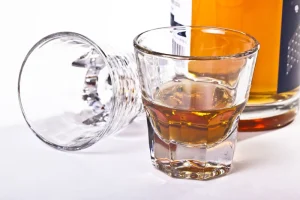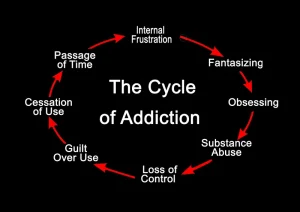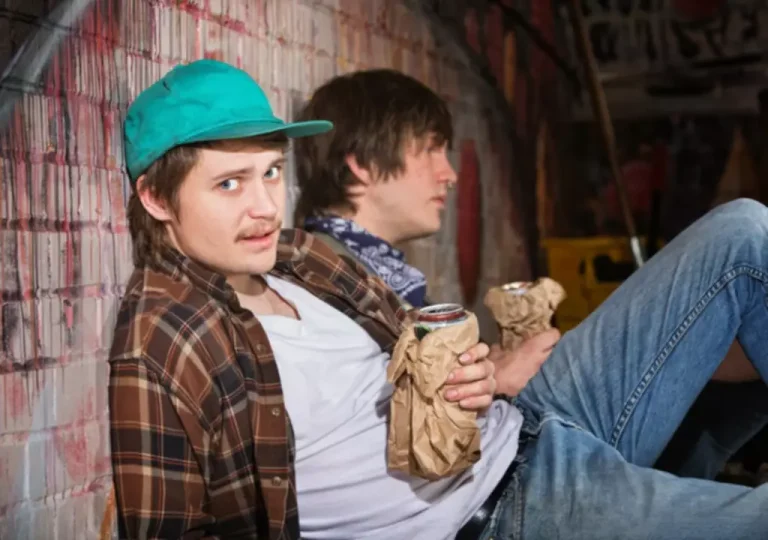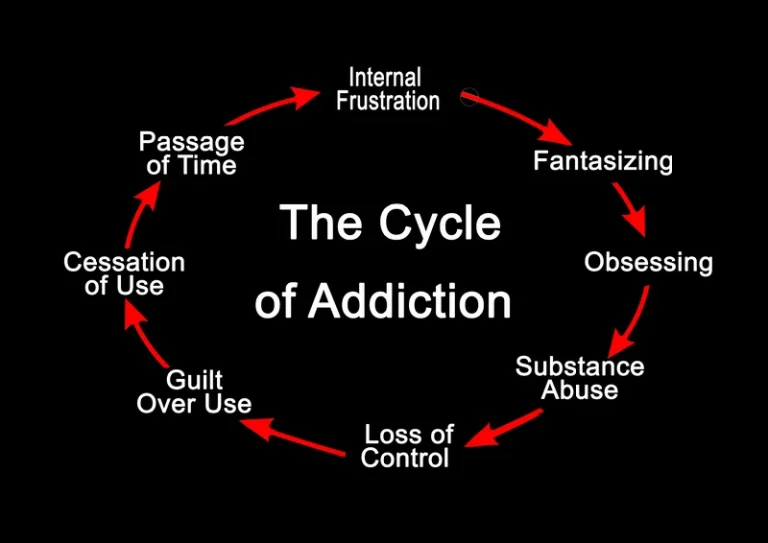How does Alcohol make Depression worse? Site

Alcohol can also interact with some antidepressants, like monoamine oxidase inhibitors, to cause negative side effects like elevated blood pressure, which could add to one’s overall sense of hangover day stress and anxiety. Unfortunately for those trying to use alcohol for depression management, its wide-ranging effects make it a double-edged sword. Even during the high, Boden points out, booze slows our mental processes, metabolism, breathing, and other functions. For some, those are already the symptoms of their depression, so they may feel as if their condition is worsening. These downer effects, some studies suggest, may grow more powerful after an early euphoric peak. Yet—as life and pop culture so frequently show us—many people trying to cope with the pain, numbness, anxiety, or other symptoms of depression all too often turn to booze.
Health Conditions

Furthermore, using alcohol as a coping tool can also lead to the development of unhealthy habits and behaviors, reinforcing the cycle of depression and alcohol abuse. For women, these impaired decisions can have far-reaching consequences, including engaging in unsafe behaviors or neglecting responsibilities. The regret and guilt that often follow such decisions can worsen depressive symptoms, creating a cycle of drinking, poor decision-making, and deepening depression. Additionally, impaired judgment can strain personal and professional relationships, further isolating the individual and exacerbating feelings of loneliness and despair.

The Experience Blog
Being outside in nature can provide similar mood-enhancing benefits. If depression occurs after a night of drinking, there are several things that you can do to try and feel better. BetterHelp offers affordable mental health care via phone, video, or live-chat. Depression from quitting alcohol is one of the symptoms of alcohol withdrawal (which can be either mild or severe). Someone who has consumed large amounts of alcohol may appear stimulated at first.

Fear of Losing Control May Worsen Anxiety Disorders
While stopping drinking will not remove all the causes of low mood, it will remove a very important one. This will allow you to have a chance at dealing with the others. If this becomes your way of coping, it can lead to a dependence on alcohol. Self-medicating is using alcohol as a way to cope with depression. The morning after, a depressed person will have to deal with anything they regret doing while uninhibited. Follow the links below to learn more about getting help for alcohol addiction at 12 South Recovery.
- It is also important to remember that some studies indicate a potential relationship between alcoholism and anxiety/ depressive disorders.
- Similarly, major anxiety disorders usually are apparent before age 30, and although major depressive disorders often have a later onset, they too are frequently observed before age 30.
- Several studies suggest that military veterans are more likely to experience depression, post-traumatic stress disorder (PTSD), and misuse alcohol.
Depresses brain and nervous system

Depression and alcohol use disorder (AUD) are the most commonly diagnosed co-occurring disorders. Experiencing both conditions at the same time heightens the severity of symptoms and increases the risk of suicidal thoughts and actions. Given all of this, Boden recommends that anyone dealing with depression just https://ecosoberhouse.com/ stay away from alcohol.
Does You Or Your Loved One Need Help With Alcohol Addiction?
The effects of drinking too much can also seep into your daily life and may impact areas like work, finances, relationships and aspects of your physical health like sleep, diet, and exercise, says Dr. Anand. That could lead some people, for example, to turn to drinking to cope with stress caused by these issues. If you experience depression and drink alcohol regularly, it’s recommended to start by cutting out alcohol first and then treating your depression. Sometimes, simply reducing or removing alcohol from your life can relieve depression symptoms and make you feel better. In some cases, people with depression cut out alcohol for just four weeks and noticed a clear difference in how they felt.
- Check with your doctor about any new medicines or herbal supplements before taking them, since there could be negative interactions.
- If the sun is out, that’s even better — sunshine can trigger the release of serotonin, which can help relieve depression.
- Combining strategies to address both disorders, an integrated treatment approach is essential.
- Another way that depression could lead someone to drink alcohol is through changes in their brain as a result of depression.
- Your doctor will likely conduct a physical exam and a psychological evaluation.
This subreddit is a place to motivate each other to control or stop drinking. We welcome anyone who wishes to join in by asking for support, sharing our experiences and stories, or just encouraging someone who is trying to quit. Please post only when sober; you’re welcome to read in the meanwhile.
- I have recently started a small business, so days spent depressed are costly.
- Lifestyle changes, including improved diet and sleep habits, also play a significant role.
- Depression may even cause people to begin consuming large amounts of alcohol.
- Children who were abused or raised in poverty appear to be more likely to get both conditions.
Substance-induced depression is different from major depressive disorder and, by definition, should improve once a person stops consuming substances (such as alcohol). Alcohol indeed makes depression drug addiction treatment worse, especially for women attempting to self-medicate. Understanding this relationship is crucial in addressing both depression and alcohol abuse effectively. This emotional blunting can leave individuals feeling disconnected from their own experiences and those around them.
Cognitive Behavioral Therapy
People may turn to alcohol as a way to cope with mood problems, but drinking alcohol can also contribute to symptoms of depression. Alcohol use can also affect how antidepressants work, which can affect depression treatment. Over time, your brain’s reward pathway builds tolerance and requires more and more dopamine (via does alcohol make depression worse alcohol) to feel pleasure. This can lead to addiction and feelings of depression in the absence of the rewarding substance. Alcohol consumption can lead to feelings of depression due to chemical reactions.